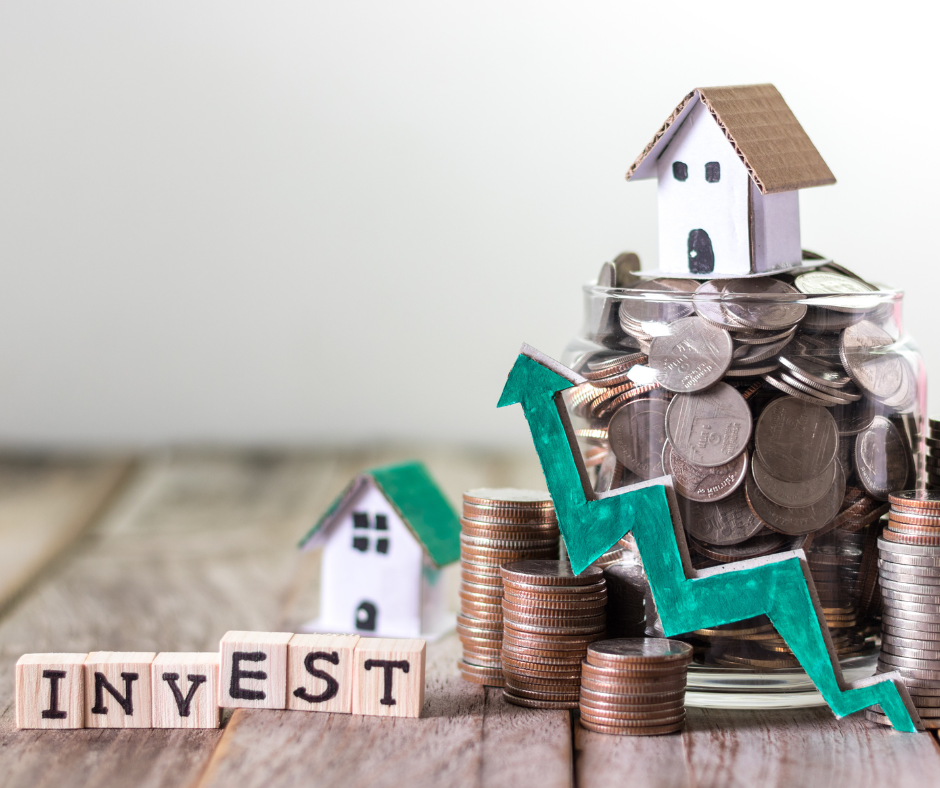Imagine this…
Scenario-Rental Properties and Investment Considerations: John is an individual investor interested in purchasing a residential rental property in a growing suburban area. He’s considering a single-family home as his first investment property.
Investment Considerations:
- Location: John thoroughly researches the local real estate market and identifies a neighborhood with strong job growth, good schools, and proximity to public transportation. He believes this location will attract potential tenants.
- Property Type: After weighing the pros and cons, John decides to invest in a single-family home because it requires less upfront capital and is easier to manage as a first-time investor.
- Property Condition: John inspects several properties before finding one that needs some cosmetic upgrades but is structurally sound. He budgets for renovations to improve the property’s appeal to potential tenants.
- Financing: John secures a mortgage with a competitive interest rate to finance the purchase, using a combination of his savings and the loan.
- Rental Income: He researches comparable rental properties in the area and determines that he can charge a competitive monthly rent that covers his expenses and generates positive cash flow.
- Expenses: John creates a detailed budget that includes property taxes, insurance, maintenance, and property management fees. He also sets aside funds for potential vacancies.
- Property Management: Initially, John decides to manage the property himself to save on property management fees, but he educates himself on the responsibilities and legal requirements of being a landlord.
- Appreciation Potential: John reviews historical property value trends in the area, and based on local economic indicators, he believes the property has good potential for long-term appreciation.
- Tenant Screening: He develops a tenant screening process that includes credit checks, reference checks, and rental history verification to select reliable tenants.
- Legal and Regulatory Considerations: John familiarizes himself with local landlord-tenant laws and ensures that his lease agreements comply with these regulations.
- Exit Strategy: John plans to hold the property for at least five years to benefit from both rental income and potential property value appreciation. He intends to reassess his investment goals at that time.
- Market Conditions: John monitors the local real estate market and economic conditions regularly to adapt his strategy as needed.
In this real-life situation, John carefully considers various factors before investing in a rental property. His approach is a balanced mix of financial analysis, property research, and understanding the local market dynamics, helping him make informed decisions as a real estate investor.
What is Rental Properties and Investment Considerations?

Rental properties are real estate assets that individuals or investors purchase with the intention of generating rental income. These properties can be residential (e.g., apartments, houses) or commercial (e.g., office spaces, retail units) and are typically leased or rented out to tenants. Rental income from these properties can provide a steady stream of cash flow and potentially offer long-term appreciation in property value. Here are some key investment considerations when it comes to rental properties:
- Location: Location is one of the most critical factors in real estate investment. Choose properties in areas with strong demand for rentals, such as neighborhoods with good schools, job opportunities, and amenities. A desirable location can lead to higher rental income and property appreciation.
- Property Type: Decide whether you want to invest in residential or commercial properties. Each type has its own set of considerations and market dynamics. Residential properties are typically more common among individual investors, while commercial properties often require larger capital and may involve longer leases.
- Property Condition: Assess the condition of the property. Consider whether it needs renovations or repairs. Factoring in these costs can help you determine the overall investment required and potential returns.
- Financing: Determine how you will finance the purchase. This can involve a combination of personal savings, mortgages, or other financing options. Interest rates and terms can significantly impact the affordability of the investment.
- Rental Income: Calculate the potential rental income the property can generate. Research the local rental market to understand rental rates for similar properties in the area. Ensure that the expected rental income covers your operating expenses and provides a positive cash flow.
- Expenses: Consider all the expenses associated with owning and managing the property. These expenses may include property taxes, insurance, maintenance and repairs, property management fees, and vacancies. It’s essential to have a clear understanding of these costs to budget effectively.
- Property Management: Decide whether you will manage the property yourself or hire a property management company. Property managers can handle tasks such as tenant screening, rent collection, maintenance, and dealing with tenant issues, but they come with associated fees.
- Appreciation Potential: Research the historical and projected property value appreciation in the area. While rental income is an important source of revenue, the potential for property value appreciation can significantly impact your return on investment over the long term.
- Tenant Screening: Develop a thorough tenant screening process to select reliable and responsible tenants. A good screening process can help minimize the risk of rent defaults and property damage.
- Legal and Regulatory Considerations: Understand local landlord-tenant laws, zoning regulations, and any other legal requirements. Compliance with these regulations is crucial to avoid legal issues down the road.
- Exit Strategy: Consider your long-term goals and exit strategy. Are you looking for ongoing rental income, or do you plan to sell the property for a profit at some point? Having a clear strategy can guide your investment decisions.
- Market Conditions: Keep an eye on local and national economic and real estate market conditions. These factors can influence rental demand, property values, and financing options.
Investing in rental properties can be a lucrative venture, but it also comes with risks and responsibilities. Conduct thorough research, create a comprehensive financial plan, and consider seeking advice from real estate professionals or financial advisors to make informed investment decisions.
Why is it important?

As a first-time property buyer, it’s important to consider properties from an investment standpoint as well. One aspect of this is rental potential. Even if you plan to live in the property yourself, it is worth considering whether you might want to rent it out in the future.
When looking at properties, consider the rental market in the area. Are there many renters? Is there high demand for rental properties? Look at rental rates for similar properties in the area to get an idea of what you might be able to charge in rent.
You should also consider the property’s features that might make it attractive to renters. For example, a property with multiple bedrooms and bathrooms may be more appealing to families or roommates. A property with outdoor space like a backyard or balcony may also be more desirable to renters.
It is also important to consider the costs of owning and maintaining a rental property. You’ll need to factor in expenses like property taxes, insurance, and repairs. You may also want to hire a property management company to handle the day-to-day tasks of managing tenants and maintenance, which will come with its own costs.
Ultimately, considering the rental potential of a property can help you make a more informed decision and potentially provide you with a source of income in the future.
Investing in this rental property offers not only a solid opportunity for steady rental income but also the potential for long-term appreciation, positioning you to achieve both financial stability and growth in a desirable suburban market. Contact us!
Follow us!
For more details you may also follow our Facebook, Instagram, and YouTube!



